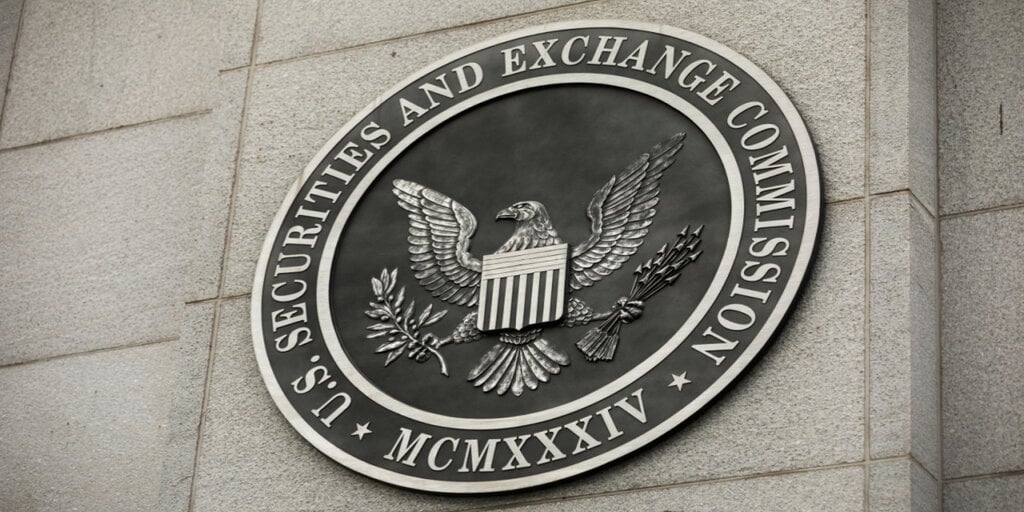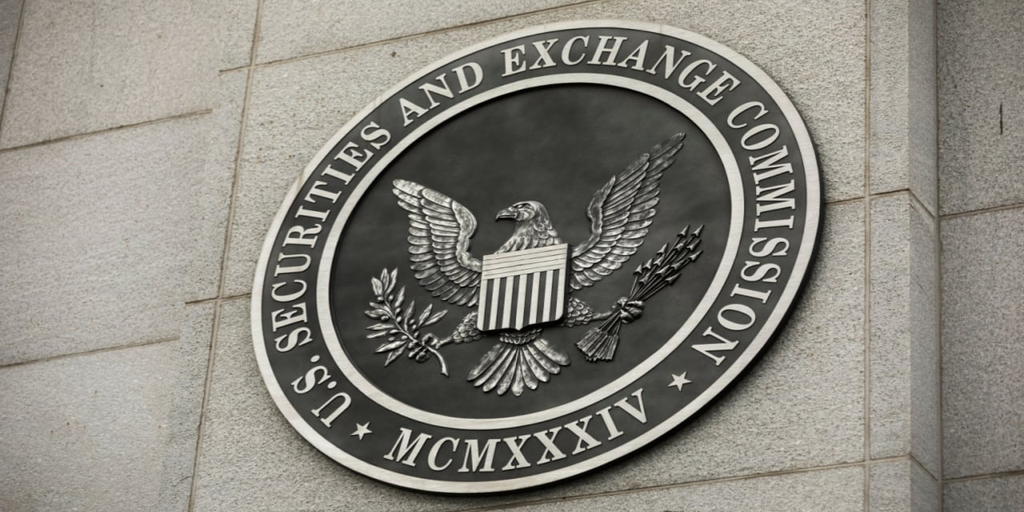

The U.S. Securities and Exchange Commission (SEC) is facing increasing calls to scale back oversight of the cryptocurrency industry, with calls coming from inside and outside the House of Representatives.
The U.S. House of Representatives’ Financial Services Committee voted Thursday to appeal Employee Accountability Act 121, which was used to prevent banks from acting as custodians of digital assets starting in March 2022. When the bill passed, the SEC claimed it would prevent “significant risks and uncertainties associated with protecting cryptocurrency assets.”
But now there is growing criticism from House committee members about how SAB 121 was enacted.
“The SEC issued SAB 121 without consulting with the prudential regulators, who are experts in bank custody regulation,” said Rep. Mike Flood (R-NE). “That’s a pretty serious mistake.”
Last October, a Government Accountability Office (GAO) report raised questions about how SAB 121 was enacted without the SEC submitting a report to Congress and how SAB 121 was subsequently used as a substitute for more specific regulatory guidance.
“This guidance is provided to protect investors from custodians mishandling their customers’ cryptocurrency assets,” Rep. Maxine Waters (D-CA) said during Thursday’s meeting. “This was a core practice that led to FTX’s massive collapse when billions of cryptocurrency assets were wiped out.” House committee meeting.
SEC in “Enforcement Only Mode”
But that’s not all. Yesterday, 11 U.S. state attorneys general filed a joint opinion in response to a lawsuit filed by regulators against Payward Ventures, the parent company of cryptocurrency exchange Kraken, to challenge the SEC’s authority over cryptocurrency companies. .
“The SEC’s enforcement actions exceed its delegated authority,” the lawyers said in the filing. “Courts should refuse to classify cryptocurrency assets as securities without investment contracts. “If the SEC exercises these non-delegated powers, it could endanger state consumers by preempting state statutes better tailored to the specific risks of non-securities products.”
The report was filed by the attorneys general of Montana, Arkansas, Iowa, Mississippi, Nebraska, Ohio, South Dakota and Texas.
The same day, SEC Commissioner Hester Peirce said at an ETHDenver event that the regulator was stuck in “enforcement-only mode.” The knock-on effect for developers, she argued, was constant worry about what and how to build new technologies that would keep them out of the crosshairs.
“What I reflect on is the fact that you are all expending some of your brain power,” she said at yesterday’s event. “If we had clearer rules, you could focus on building.”



